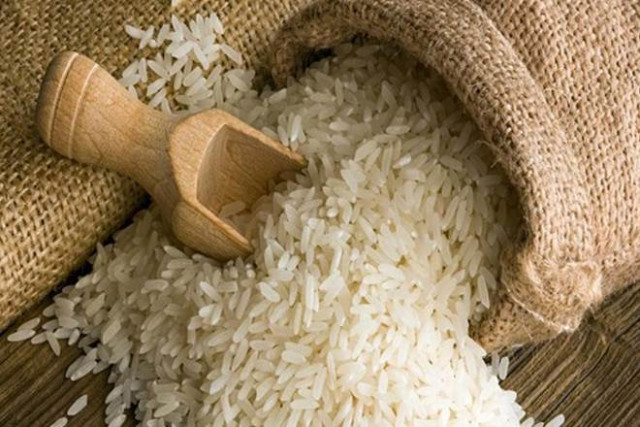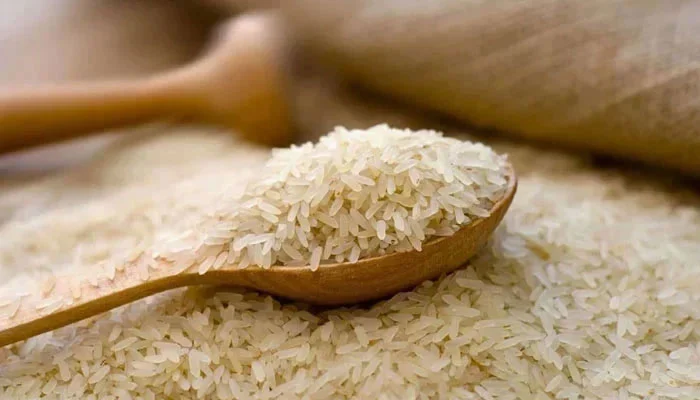Tags
India’s Rice Export Ban Could Pose Long-Term Challenge for U.S. Rice
Increased global demand for U.S. rice will ultimately give way to falling prices when India’s ban is lifted.

When India’s ban is reversed, presumably after the country’s elections next May, the growing rice surplus in India will be dumped on the export market and world rice prices will over-correct from the sudden flood in supply. (Credit: ©2011CIAT/NeilPalmer; Alliance of Bioversity International and CIAT, Flickr/Creative Commons)
DENVER — U.S. rice producers and exporters stand to benefit from India’s recent decision to ban exports of white rice, as global demand for U.S. rice is expected to rise. Increased demand will temporarily lift prices for U.S. rice producers and the industry is well-positioned to meet higher demand for exports. However, the short-term benefits of India’s rice export ban will give way to the longer-term consequence of an oversupplied global market and severe price correction when the ban is ultimately reversed.
According to a new research brief from CoBank’s Knowledge Exchange, higher global rice prices resulting from India’s export ban will prompt other countries to expand rice production, increasing global supplies. When India’s ban is reversed, presumably after the country’s elections next May, the growing rice surplus in India will be dumped on the export market and world rice prices will over-correct from the sudden flood in supply.
“The good news is that the ban will benefit U.S. rice producers with stronger export demand, particularly from Iraq and possibly the Caribbean, as well as Central and South America,” said Tanner Ehmke, lead grains and oilseeds economist for CoBank. “Unfortunately, a prolonged period of abnormally depressed rice prices and lower incomes among rice farmers, including in the U.S., will likely follow the reversal of India’s rice export ban.”
India’s government imposed a ban on non-basmati rice exports on July 20 following a jump in food inflation in June and erratic weather that negatively impacted the country’s spring-planted rice crop. The move was made to contain rising domestic rice prices amid higher overall food costs, geopolitical risk in the Black Sea raising wheat prices and the threat of El Nino diminishing Indian rice harvests.
The threat of reduced global rice supplies sent India’s top importers across Asia, West Africa and the Middle East scrambling to secure supplies in anticipation of global shortages. Prices of white 5% broken rice in Thailand, the second largest rice exporter with about 13% of global market share, have climbed 18% since the Indian export ban was imposed. Should other rice-exporting countries also restrict exports, world rice prices including in the U.S. would become extremely volatile.
So far, U.S. rough rice prices on the Chicago Mercantile Exchange have been virtually unchanged relative to other global exporters like Thailand since India’s export ban was imposed. However, the U.S. likely will see new demand emerge to backfill into markets that are more price-sensitive to higher Asian rice prices.
The U.S. will be well-positioned to meet higher export demand with all-rice production expected to reach 203.6 million cwt., a year-over-year increase of 26.9%, according to USDA. Potential new export business that emerges because of the ban will most likely be for long-grain rice, which is projected at 146.8 million cwt., up 14.5% year-over-year. Longer term, the U.S. rice industry should prepare for a period of heightened market volatility.
About CoBank
CoBank is a cooperative bank serving vital industries across rural America. The bank provides loans, leases, export financing and other financial services to agribusinesses and rural power, water and communications providers in all 50 states. The bank also provides wholesale loans and other financial services to affiliated Farm Credit associations serving more than 76,000 farmers, ranchers and other rural borrowers in 23 states around the country.
CoBank is a member of the Farm Credit System, a nationwide network of banks and retail lending associations chartered to support the borrowing needs of U.S. agriculture, rural infrastructure and rural communities. Headquartered outside Denver, Colorado, CoBank serves customers from regional banking centers across the U.S. and also maintains an international representative office in Singapore.
https://www.morningagclips.com/indias-rice-export-ban-could-pose-long-term-challenge-for-u-s-rice/Published Date: August 20, 2023





